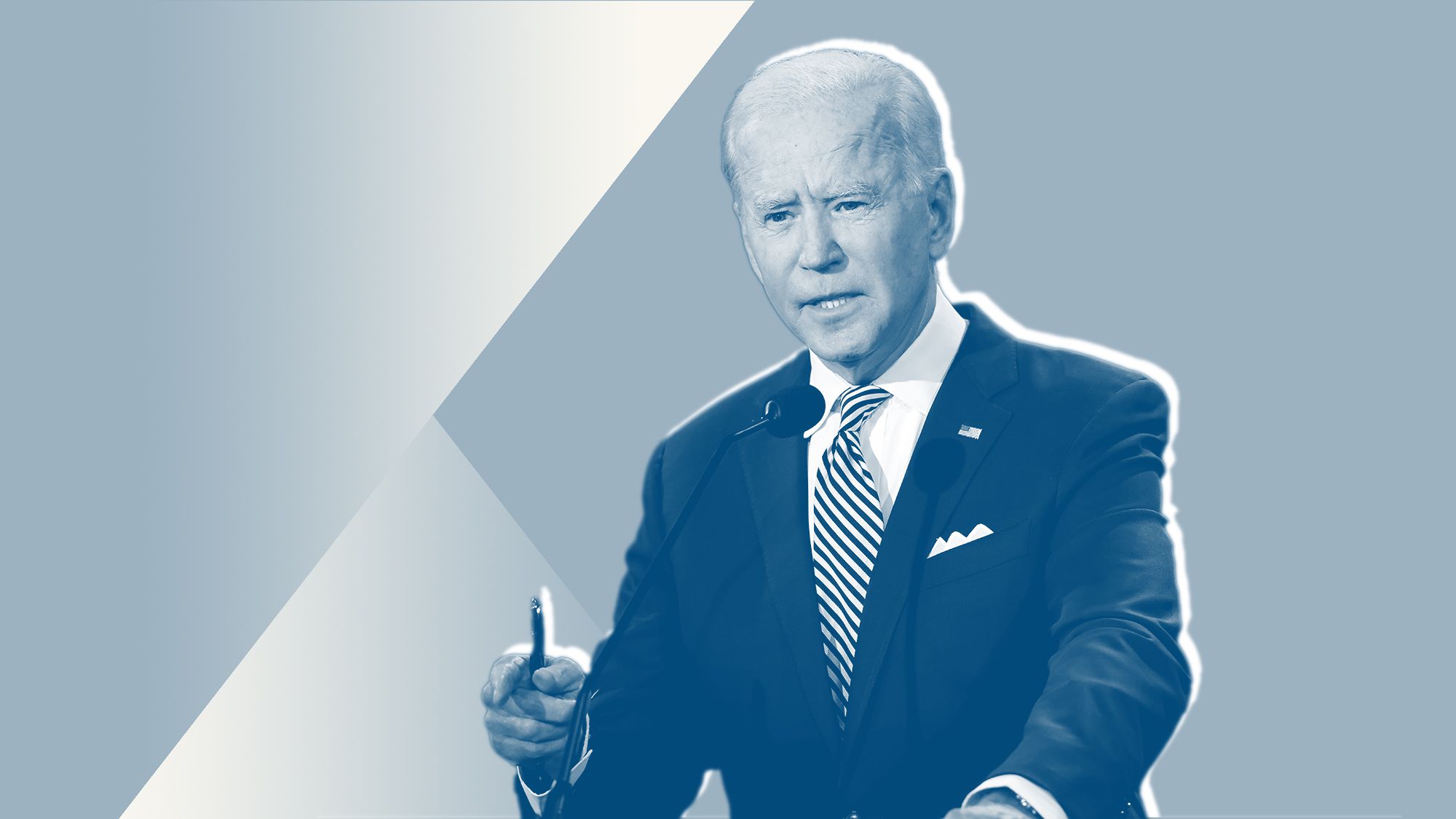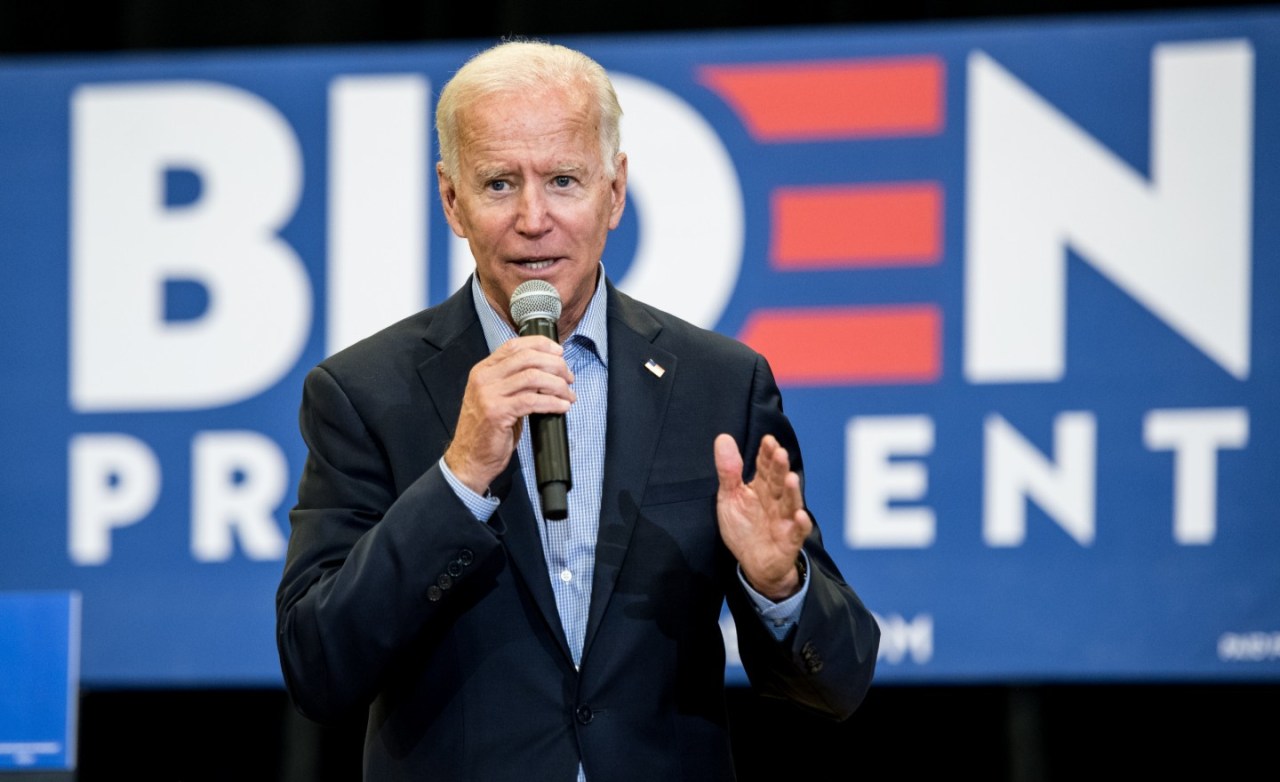It's not the type of emotionalism you're suggesting, but I take your point. No, what I was trying to do was to show not just the current Tucker controversy, but the run up to the controversy, in order to bring context both to what he did say, and really more importantly, what he neglected to cover.
Given the compelling type of coverage he did in the run up to the election, viewers would have expected equal coverage of the election fraud. This did not happen, and I wanted to bring out how inconsistent, and yes, unacceptable that was/is -- again, in the context of what came before. Another way of putting it, I was attempting to "tell the story" of what happened with the Tucker Carlson show. In telling that story it's to show that what he's presently doing -- or not doing, really -- is unconscionable. That is my opinion. You don't need to agree. But in telling the story the way I did, I intended to show how I arrived at that conclusion -- and I STILL hope he and his producers will change course. Also, as I've tried to emphasize, it's not that the other segments he's producing now aren't any good. But that's seminal to the problem: he is putting serious time and effort elsewhere, and neglecting to do the same on the election fraud issue, when so very much is at stake. Even more unfathomably, he has shown us, again and again, the nature of those "stakes" in his coverage leading up the the election -- and so to run up against his present refusal to do the work we know him capable of.. well, you get my point.
There are many states involved in the outcome of this election, all with various challenges facing the Trump team in order to be given anything close to fair chance. Do you think the Tucker Carlson show has even attempted to keep us abreast of all these developments? Not at all. This, too, is part of the story of Election Fraud 2020. But nothing. Nada. That is not emotionalism on my part. I am merely presenting what is happening with that show -- a show I came to really appreciate in months past, but feel justifiably disappointed in, as my examples of his very lacking coverage have attempted to show.
As far as Sidney Powell goes, I used her words for Tucker's treatment toward her. And I noted how this behavior towards her would seem to bolster the argument that he means NOT to do the appropriate coverage of Election Fraud 2020 -- or else, why not interview the person she had offered? And why not discuss the affidavit she sent him, and the use/meaning of affidavits in a court case? We have Giuliani out there attempting to tell the press that affidavits ARE considered evidence in a court of law, but, of course, he gets little coverage -- certainly not by Tucker Carlson. So, you see? Every time I go to assess Carlson's performance on this HUGELY important issue, he comes up short to the point of seemingly playing politics at the expense of doing his job. Again, that is my opinion. But I can only accurately express my opinion by showing the manner in which I've arrived at it.
Emotionalism itself is a slippery subject. We all have emotions, and they are likely to be particularly rife given the enormous stakes involved for us all in everything that's happening just now. However, I have always had an analytical mind, as well. If something is stirring up anger in me, for example, I want to examine what's having me feel that way. In other words, our emotions, if used productively, can be good indicators. If Tucker, for example, is pissing me off, does that mean anything I have to say after that goes out the window because he's pissed me off? A writer with a good mind for analysis will use her emotions to understand better where the very "real" (as opposed to projected) problems are. They go hand in hand, and keep writing from being too staid, even, which doesn't make for very compelling reading. Tucker Carlson uses his emotions constantly. Haven't you noticed that? He puts his mind and his feelings to very powerful effect. It's the reason people are drawn to his coverage. It's the reason people feel they know and can trust him. He is using his personal, very often emotional reactions to things, and presenting them in the context of the "lively" discussions he is having. Even on the happy side of things, he's using his emotions to convey the point he's trying to make. He's laughing. He's smiling. He's reacting. However, much of his "style" is pretty formulaic: how he'll ask a rhetorical sounding question, for example, as a way of introducing a subject. There's a certain rhythm, too, he employs. And all such "devices" are the result of years of trial and error, no doubt, given how long he's been at it.
Now, I'm not saying he isn't being true to his feelings in all this. It's just that doing a show, night after night, also involves "theater." He is theatrically presenting these subjects about which he and his producers seemingly have some strong feelings about, and he's using those feelings to drive his sometimes hard hitting analysis. He's also using those feelings when he's calling someone a "moron," which I find to be a low point when it happens. I mean, why resort to such lazy denunciations when the English language offers us far more meaningful, and specific language with which to thoroughly "trounce" the object of our dissatisfaction? It's also taking the low rode, which is happening all the time on the left right now, as Tucker himself likes to point out. So why join them in this?
Anyway, I do understand why luc brought up emotionalism. And I do understand where one's emotions can cloud one's thinking. But nothing is black and white. An aware person isn't going to project all over the place just because a potentially heated issue has come up. She's going to use her feelings so to understand what's at the heart of the matter. If it's purely some personal issue that's stirring up an irrational emotional response -- well, that's another matter altogether. But, with awareness, and self analysis, most of us can decipher which is which.
Final note: I really should be focusing more on my own writing right now since I have a few projects only just half finished. But the reason I find myself writing here has everything to do with the seriousness of the predicament we're all facing, and the accompanying feelings that that often gives rise to. So, again, our emotions direct us in different ways. They shouldn't be kept in some frozen chamber apart from what we are saying and writing. They are informing us, and we are utilizing them -- hopefully in such a way that brings life and deeper meaning to the conversation. If what I've been writing here is only perceived as "emotionalism running wild" than I certainly have failed at what I've intended. But hopefully, in taking this subject apart a bit here, I've brought some balance to bear by suggesting it's really not an "either/or" scenario. Our emotions are a part of what drives us, and can be part of intelligent conversation -- and hopefully lively writing -- if used with awareness and discernment.





